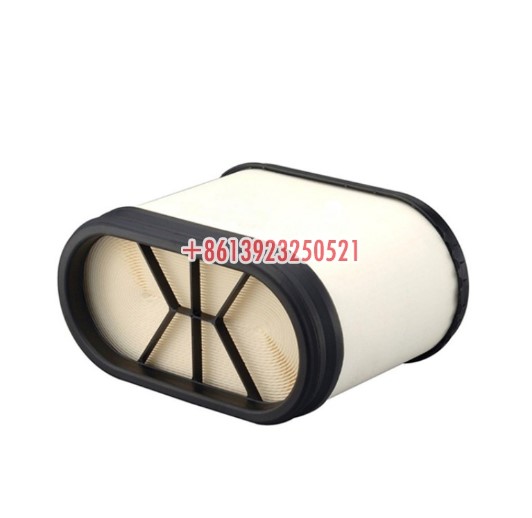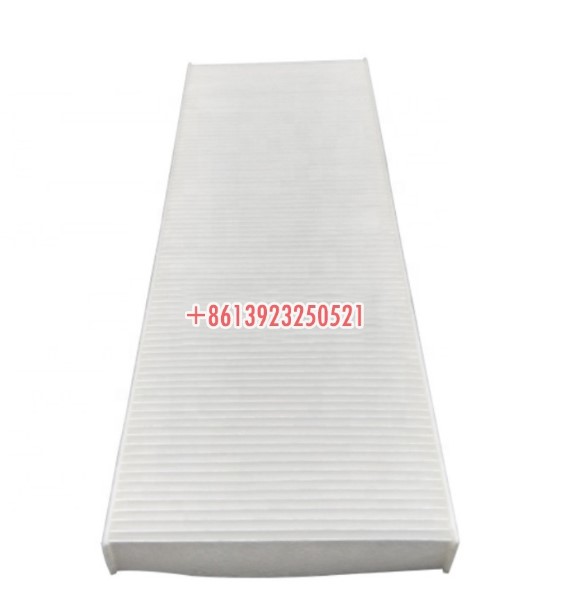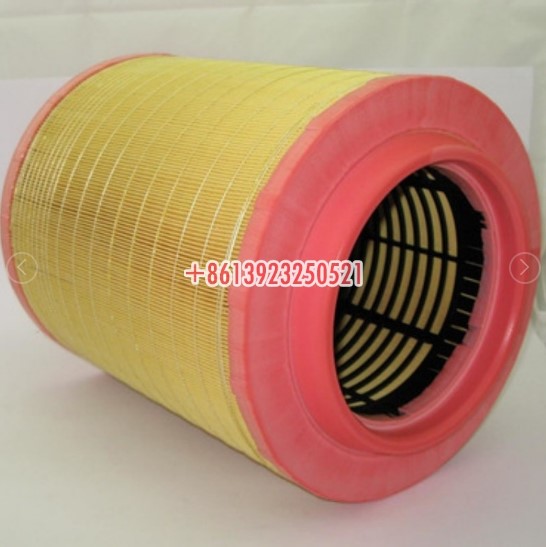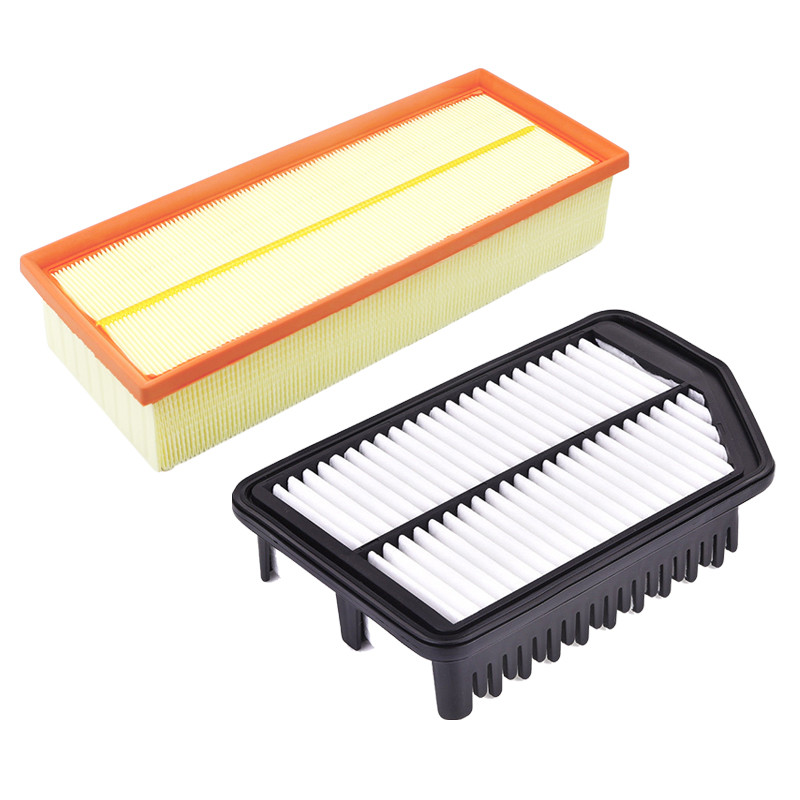When it comes to vehicle maintenance and performance, the health of the engine is paramount. It's the powerhouse that drives your car, and its efficiency depends on several factors, including how well you maintain it. A component that often raises questions among vehicle owners and enthusiasts is the air filter, particularly regarding its impact on engine temperature. In this post, we'll look at the connection between air filters and engine temperature.
Understanding the Role of Air Filters
Air filters are essential in maintaining the cleanliness of the air entering the engine's combustion chamber. They trap dust, pollen, dirt, and other airborne contaminants to prevent them from entering the engine. The primary purpose of an air filter is to ensure a steady flow of clean air which is vital for the engine's optimal performance, fuel efficiency, and emission control.

Air Filters And Engine Temperature
While it might not be immediately obvious, there is a connection between the air filter and engine temperature. Here's how it works:
Airflow Restriction: As an air filter becomes clogged with debris, its ability to allow air to flow freely into the engine diminishes. This restriction in airflow can lead to an imbalance in the air-to-fuel ratio, which can result in a "rich" mixture—too much fuel and too little air—entering the combustion chamber. Incomplete combustion can result from a rich mixture, resulting in increased volumes of unburned fuel. This, in turn, can raise the operating temperature of the engine.
Heat Exchange: The engine cooling system, which includes the radiator and coolant, is responsible for regulating the engine's temperature. In most vehicles, the engine coolant flows around the engine components to absorb excess heat and then releases it through the radiator. If the engine is running too hot as a result of poor combustion caused by a blocked air filter, the cooling system may struggle to keep the temperature within an acceptable range.
Modern Engine Management Systems: Modern automobiles have complex engine management systems that monitor a variety of characteristics such as air-to-fuel ratios and combustion efficiency. If the system senses a skewed air-to-fuel ratio as a result of a blocked air filter, it may try to compensate by altering fuel injection timings and other settings. This correction may affect engine temperature.

Choosing The Right Air Filter
Selecting the right air filter for your vehicle is a critical decision that directly impacts engine performance, fuel efficiency, and even engine temperature. Let's dive deeper into the aspects you should keep in mind while choosing the perfect air filter for your vehicle:
Filtration Efficiency
The primary function of an air filter is to keep contaminants, such as dust, dirt, and pollen, from entering the engine. Therefore, the filtration efficiency of the air filter is paramount. Look for air filters that are designed to trap even the smallest particles, as these filters offer better protection for your engine's internal components. High-quality filters often feature numerous layers of filtering media, each of which is designed to catch particles of varying sizes.
Airflow
It is critical to balance filtering efficiency with airflow. While a high-efficiency filter may provide improved protection, it may also limit airflow and severely affect engine performance and temperature. Performance air filters, commonly comprised of cotton gauze or foam, allow for more airflow but may sacrifice filtration quality.

Maintenance And Longevity
Consider the maintenance requirements and lifespan of the air filter. Some filters are reusable and can be cleaned and reinstalled, while others are disposable and need replacement at regular intervals. Reusable filters may require more care, but they can save money in the long term. Disposable filters are generally more convenient, but they may increase the overall cost of ownership over time.
Driving Conditions
The conditions where you primarily drive your vehicle play a significant role in air filter selection. If you often go in dusty or off-road environments, a filter with higher filtration efficiency might be more suitable. If you mostly travel on paved roads, you must strike a balance between filtration and airflow.
Compatibility
Ensure that the air filter you choose is compatible with your vehicle's make, model, and engine. Filters that do not fit correctly might cause air leaks and lower filtering performance.
Conclusion
The right air filter is pivotal for maintaining engine performance and optimal temperature control. At COOBELL, we offer a wide range of air filters for various car brands, ensuring that you get the quality and compatibility you need. Contact us for more information on our products and find the perfect air filter for your vehicle today!


.jpg)
.jpg)
